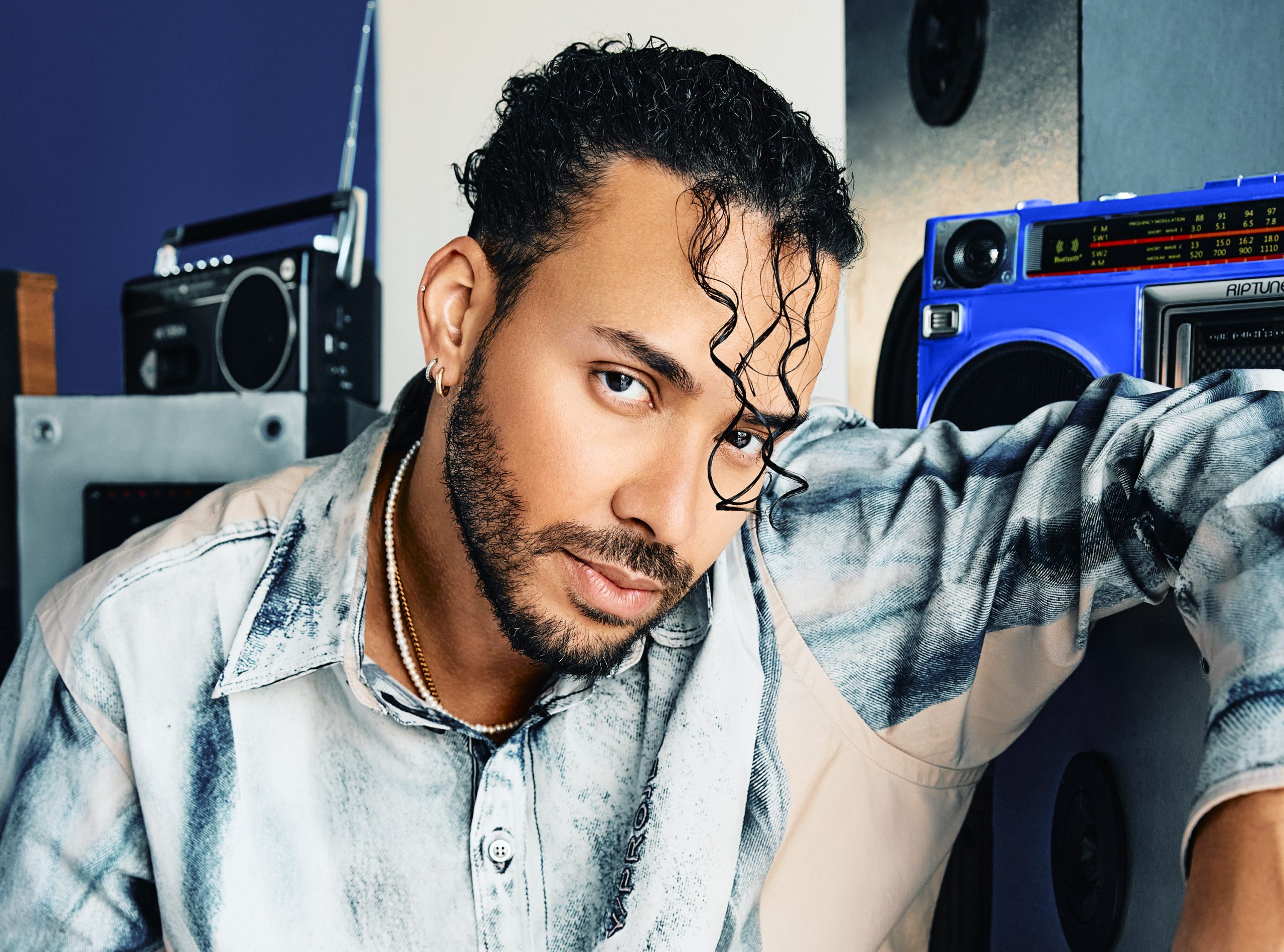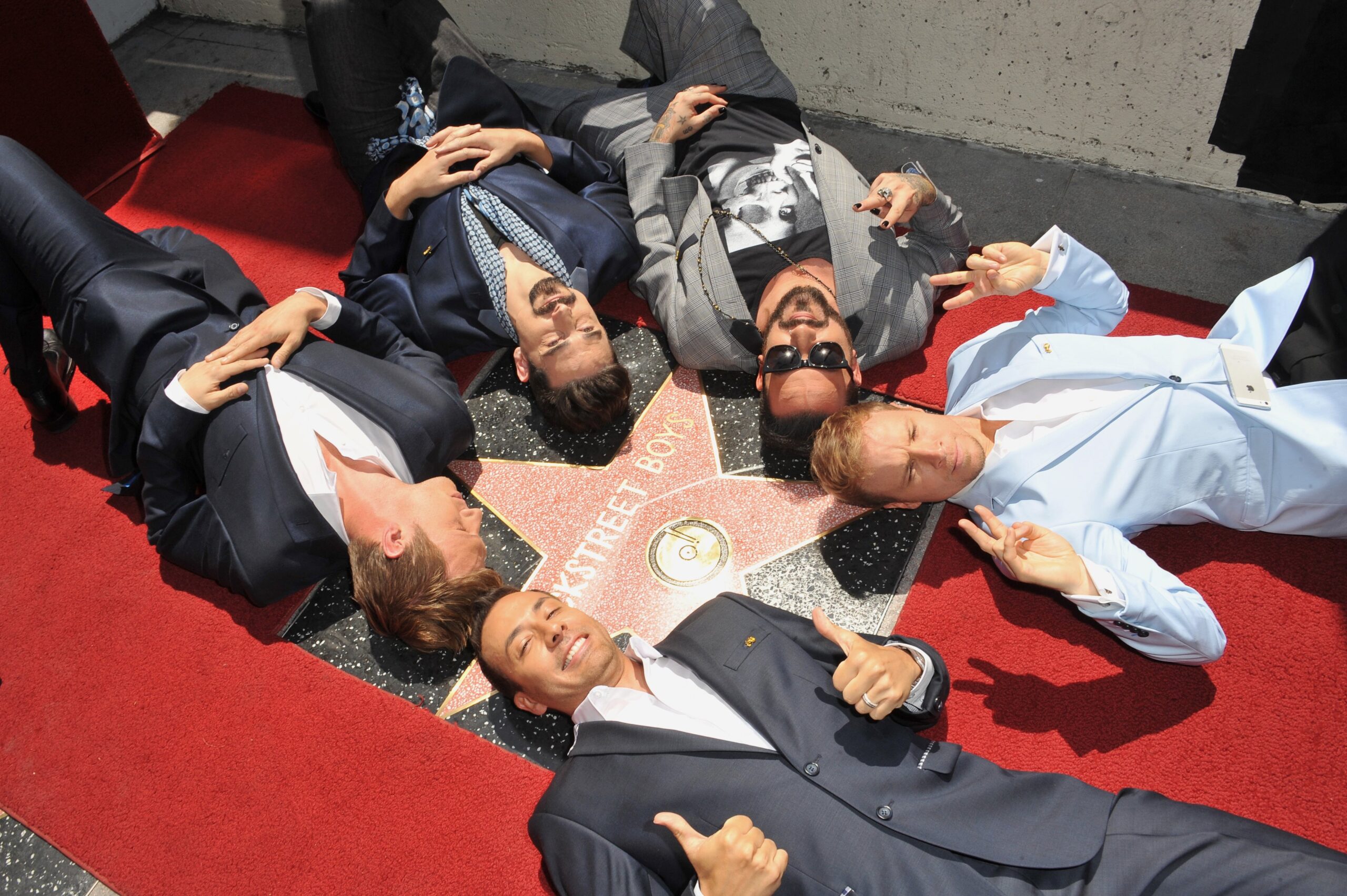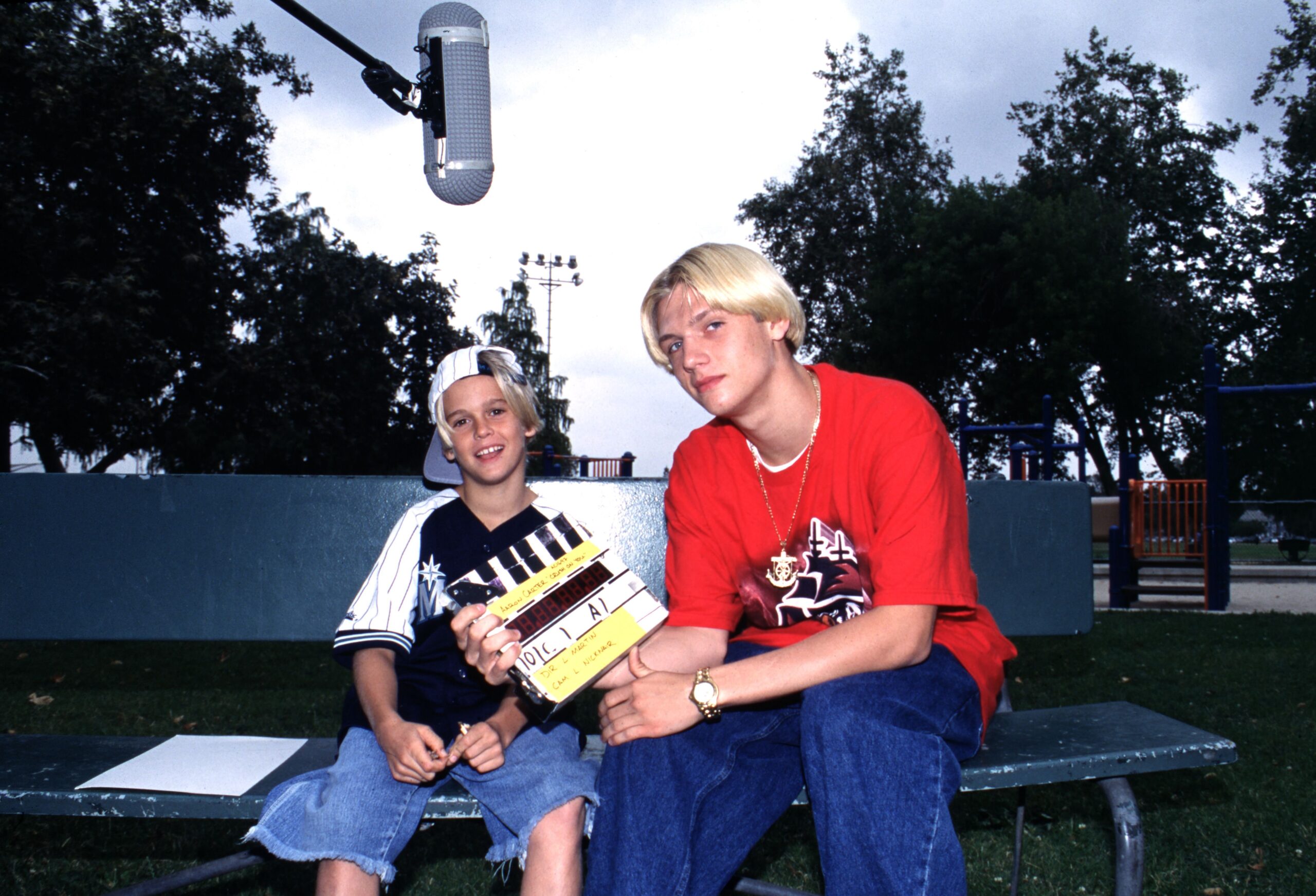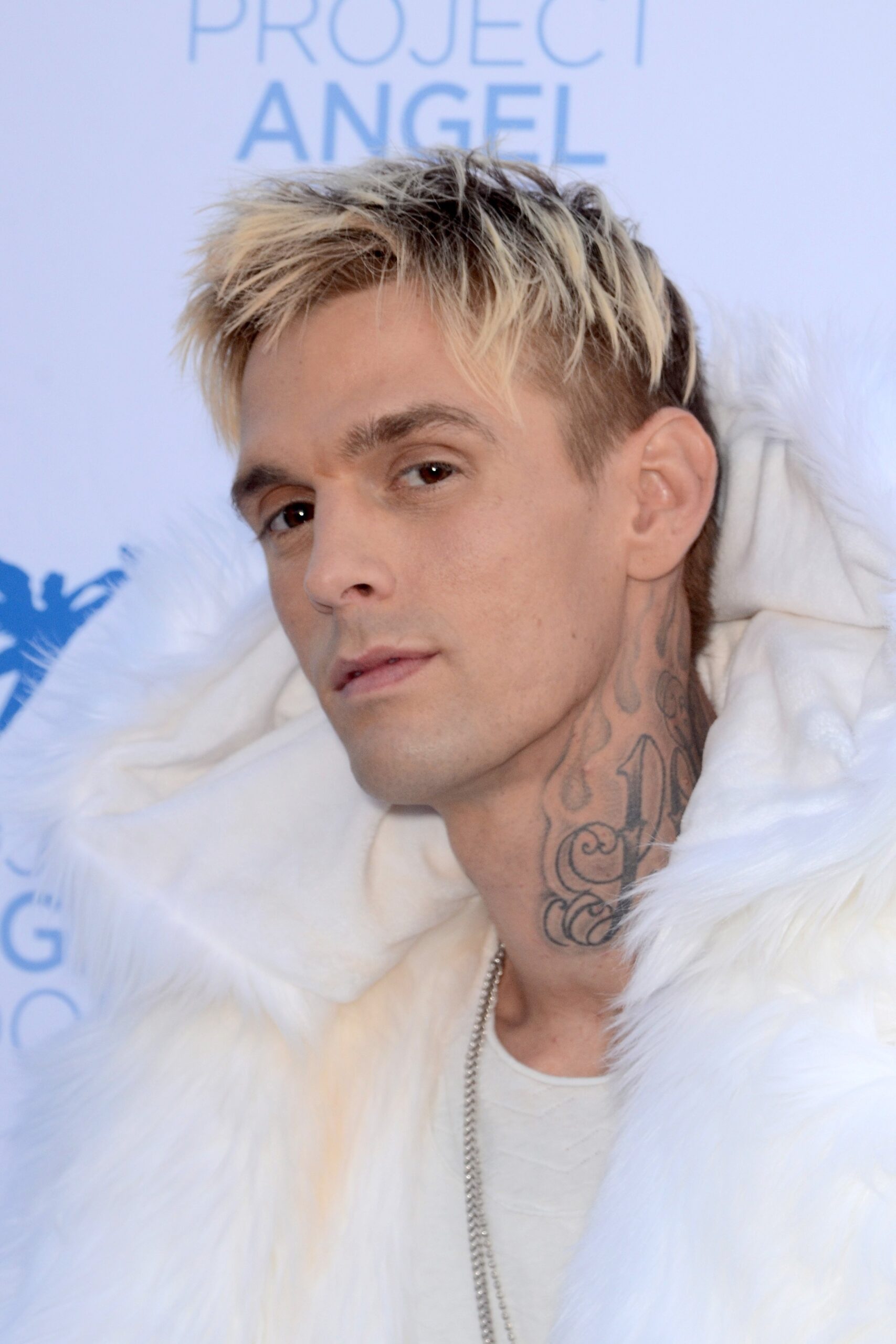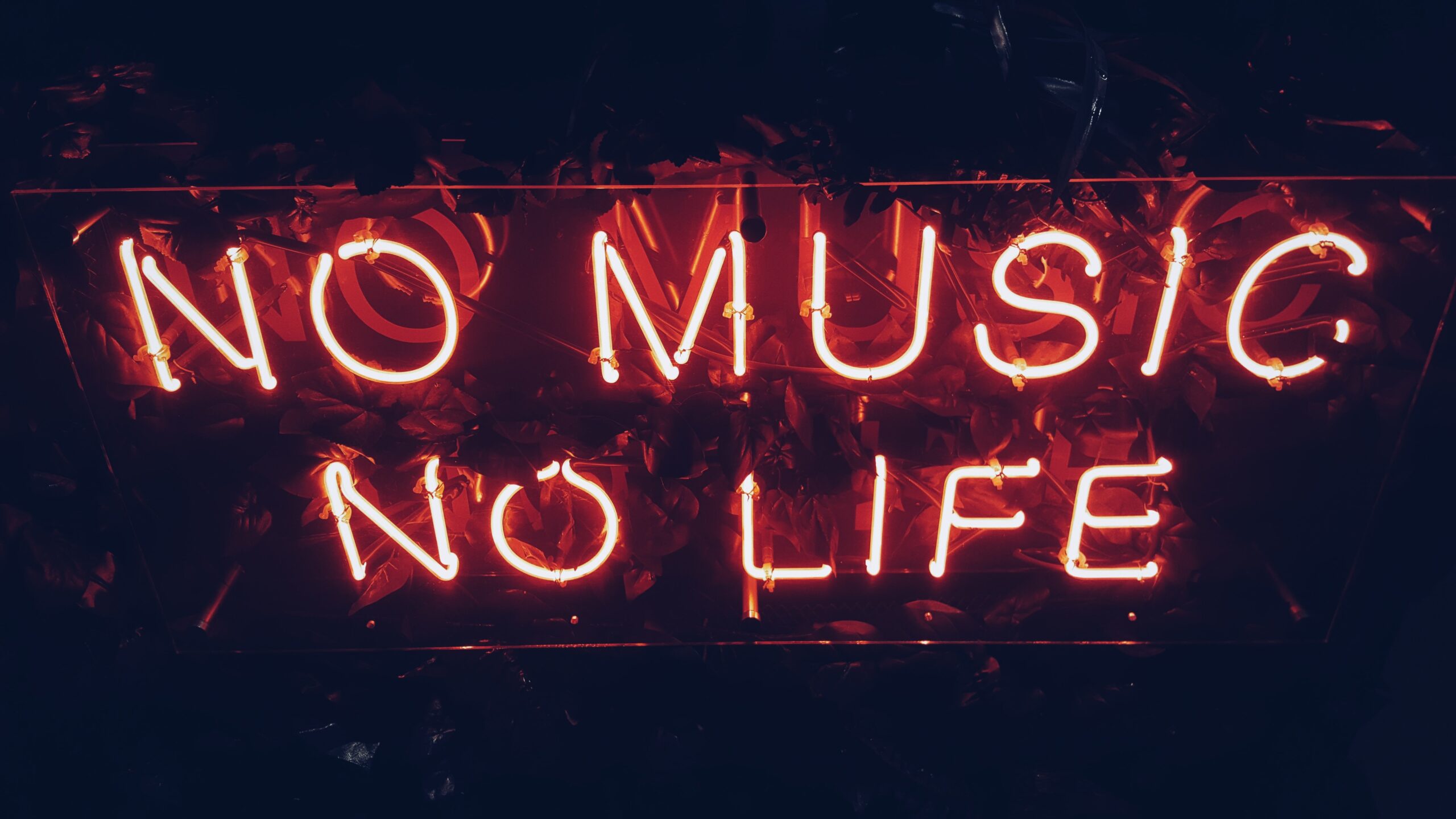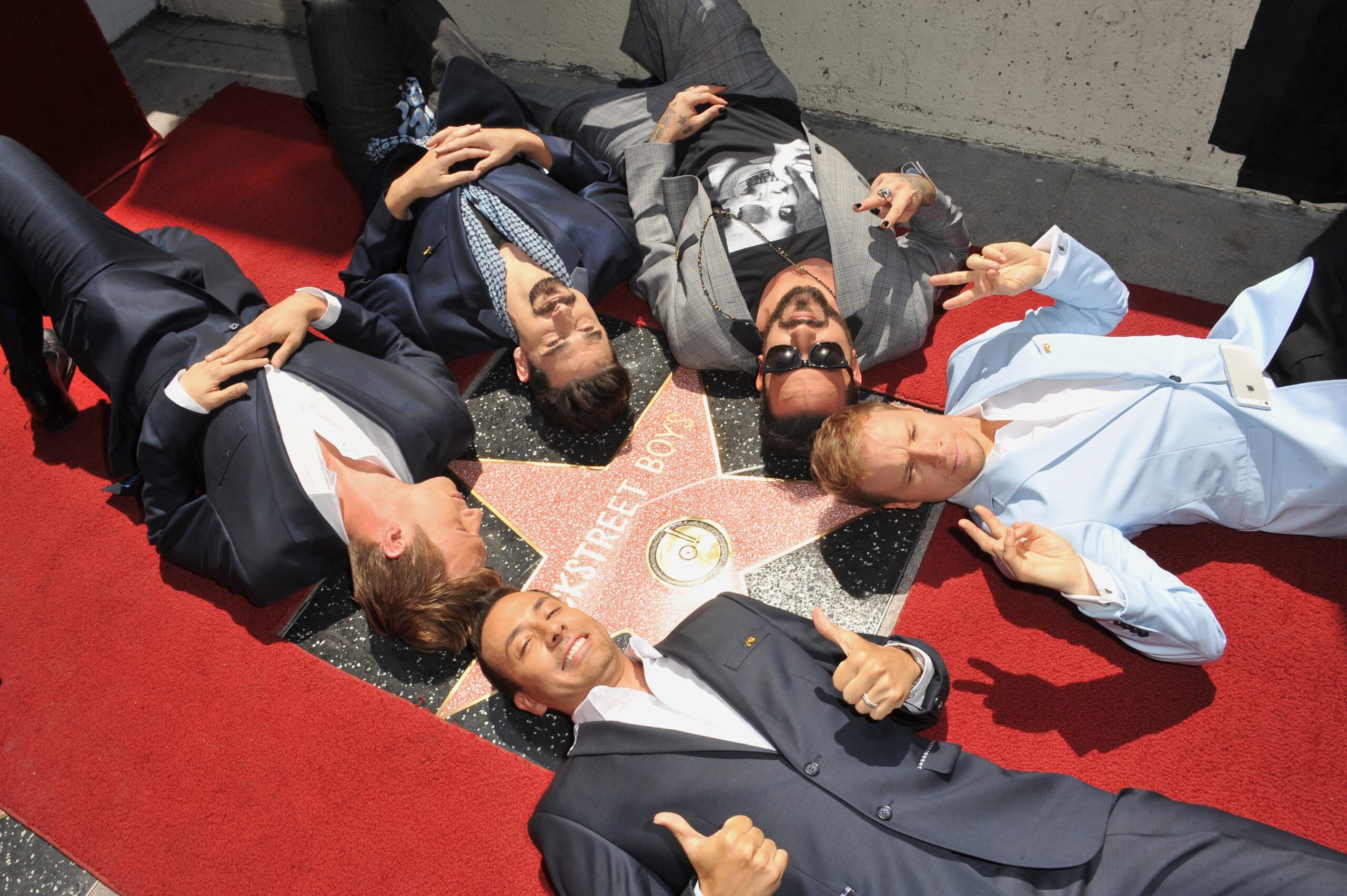They’ve been labelled competitors for more than two decades, but members of the Backstreet Boys and *NSYNC recently hit the stage together in the ultimate show of unity, making their debut as “Back-Sync” at The Grove in Los Angeles, California. Before performing each other’s biggest hits, Nick Carter and AJ McLean of the Backstreet Boys […]
